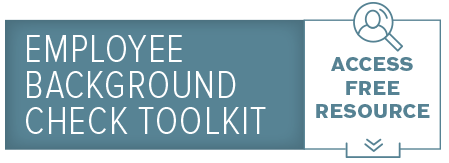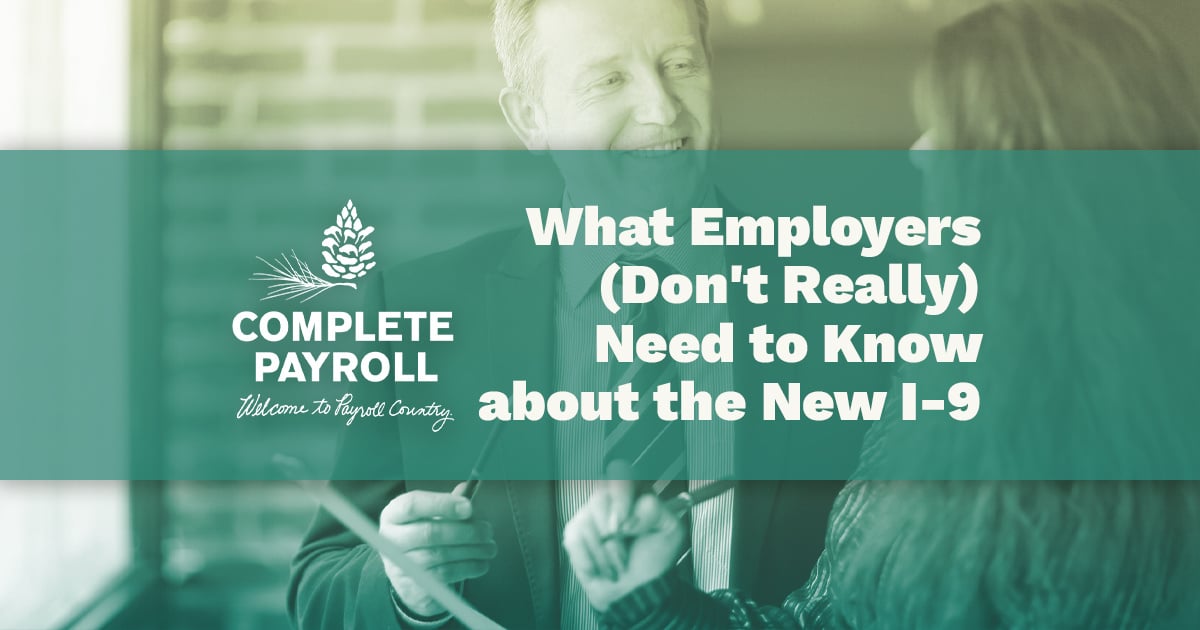
First enacted in 1970, the Fair Credit Reporting Act (FCRA) is a piece of legislation regulating the collection, sharing, and use of personal credit information. It protects consumers from misuse of their credit information and enables them to access and (if necessary) correct information about their credit history.
Consumer rights under the FCRA
Since the act was written with the protection of consumers in mind, it contains a series of rights to which all American consumers are entitled.
The right to access your own credit report. Consumer reporting agencies (or CRAs) must provide you with information about your own credit report on request. The three largest CRAs include Experian, EquiFax, and TransUnion. Since different sources report on your activities to different CRAs, the score with each reporting agency may be different.
The right to limit access to your own credit report. These CRAs will not share your information with anyone who doesn’t have a good reason to access it. Acceptable uses include potential lenders, landlords, or employers, who have a major stake in your history of financial stability.
While your current or potential employer can ask for access to your credit history, they must get your explicit permission in writing before attempting to do so. You have the right to refuse a credit check. In this case, they also have the right to deny or end your employment as a result, but your information will remain secure.
The right to dispute mistakes on your credit report. Even in high-stakes situations, mistakes sometimes occur. Given that CRAs track information about millions of individuals, errors are not uncommon. If there is a mistake on your credit report, you have the right to dispute this and ask for an investigation into the matter. This is true whether the error comes from the source reporting the issue (such as a paid debt that was sent to a collection agency anyway), the CRA itself, or a case of fraud.
The right to protect your credit in the event of identity theft. Credit scores can impact your ability to rent a home, access credit, get a loan, or even get a job. For this reason, it’s critical that people who have suffered from identity theft have the right to protect their credit report from reflecting the activities of someone who used their identity for their own purposes.
Under the FCRA, victims of identity theft have particular rights of their own, including the right to information about any accounts opened in your name and blocking information related to those accounts from affecting your credit report.
How does the FCRA affect businesses that rely on credit reports for information about potential employees?
The rules are quite clear on this point: the onus is on the business, not the potential employee, to ensure that consumer rights are being protected. This includes:
- Getting explicit written permission to gain access to someone’s credit report before the request is submitted to a CRA. This written notice needs to be separate from the main job application as a separate document, and must indicate that you’ll be using the information to make decisions about employment.
- Allowing the individual to see the reported information, if they wish to do so.
- If you are denying employment based on the information contained in a person’s credit report, you must tell them so, and give them the opportunity to identify and correct any mistakes they find.
While this may seem like a fair bit of added responsibility, being known as an organization that takes their legal obligation to protect private information seriously cannot be sufficiently appreciated. From the Equifax data breach to the Facebook/Cambridge Analytica scandal, the negative backlash resulting from people’s data being used inappropriately has been massive.
The FCRA isn’t a new piece of legislation, but it’s one that is widely respected. Taking care to scrupulously meet its guidelines is both a legal requirement and an important expression of your company’s values.
Get help with Employee Background Checks.
Complete Payroll offers employee background checks as a service to its clients. Click here to set up a background check or simply learn more about the service.
Also, check out our comprehensive resource page on employee background checks that consolidates all the information, blog posts and other resources about running background checks on employees and potential hires in one place.



















 Get Instant Blog Notifications
Get Instant Blog Notifications


